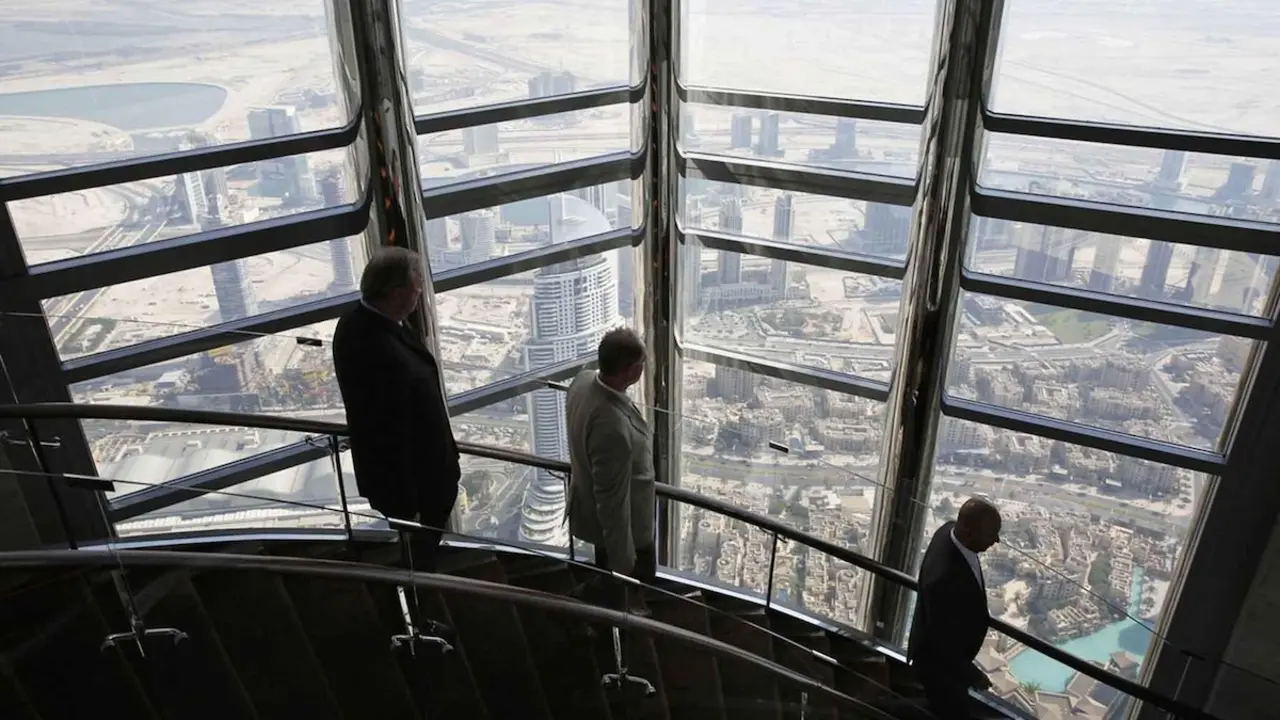Saudi Arabia seeks marketing professionals for its Riyadh 2030 project

Teleworking has been one of the most notorious consequences in the world of work since the COVID-19 pandemic swept away what is now known as the "old normal". Saudi Arabia, faced with the complication, has chosen to ride the wave of digital transformation and take advantage of this change, which IBM Services managing partner Dina Abo-Onoq described as follows: "In the immediate aftermath of COVID-19, we all, in a sense, moved to the cloud." The result is the Saudi Arabian government's new project, which aims to attract hundreds of companies to the country's capital and create one of the largest business parks in the world, turning Riyadh into one of the world's financial epicentres.
Dr Eman al-Shammari, deputy dean of the Faculty of Economics and Administrative Sciences at Imam Muhammad bin Saud Islamic University, believes this is a unique opportunity for Saudi Arabia: "Riyadh is a golden opportunity. One day it will be a global destination, competing with the big metropolitan global cities. That's why marketing is important. One of the key building blocks for the project is precisely the core group of professionals who must lead this initiative. It is important to identify the cultural dimensions, including research in education, habits and traditions, historical museums, tourism, arts, sports, industry and investments. The marketing of cities is important for development," added Al-Shammari.

Crown Prince Mohammed bin Salman expects foreign investment in the country's capital to increase in what he hopes will be a deal worth more than $18 billion. During the official announcement of the project, bin Salman stated that the "objective is to make Riyadh one of the ten largest urban economies in the world". To achieve this, there has been an increase in demand for marketing executives in the Kingdom. What's more, according to the Global Salary Survey conducted by recruitment agency Robert Walters, the demand for digital marketing managers has increased by more than 40 per cent over last year's data, and they point out that this trend will continue due to the Saudi Arabian government's ongoing recruitment drive.
"As a result of Saudi Vision 2030, we are seeing strong demand for experienced marketing professionals and expect this to continue through 2021," said Bryan O'Grady, associate business manager for Saudi Arabia at recruitment consultancy Hays. He added that it's not just down to the project being developed in Riyadh: "Changes in consumer habits with regards to online shopping have evolved rapidly and are here to stay for the future. As a result, we have seen employers invest in their digital marketing capabilities to maximise online presence and drive sales."

He was also keen to emphasise the issue of the salaries that will be paid to those who move into the inactive workforce. He pointed out that, while the pandemic makes it difficult to offer salaries like a normal situation, he expects that once the economy starts to pick up, so will the salary offers to join Saudi Vision 2030.
What this super economic project will certainly not lack in business attractiveness after Riyadh has reached an agreement to install the headquarters of top-level companies such as Price Waterhouse Coopers (PWC), Deloitte, Pepsi, Bosch and Bechler. The multinationals see it as an opportunity for both parties, due in large part to the growth that Saudi Arabia has been experiencing in different areas in recent times. Mutasem Dajani, executive director of Deloitte, explained during the official announcement of the project: "Riyadh is undergoing a remarkable transformation to reinforce its position as one of the world's leading global centres for business, tourism and quality of life".

The step for Saudi Arabia in terms of its expansion project is fundamental. It should be borne in mind that Riyadh concentrates 50% of the non-oil economy and that, in addition, it has economic advantages since the cost compared to other Saudi cities is 30% cheaper. It is also worth noting that Saudi Vision 2030 joins the fronts already opened by Arabia itself, which began its business drive on its own with an investment of more than 220 billion dollars.








